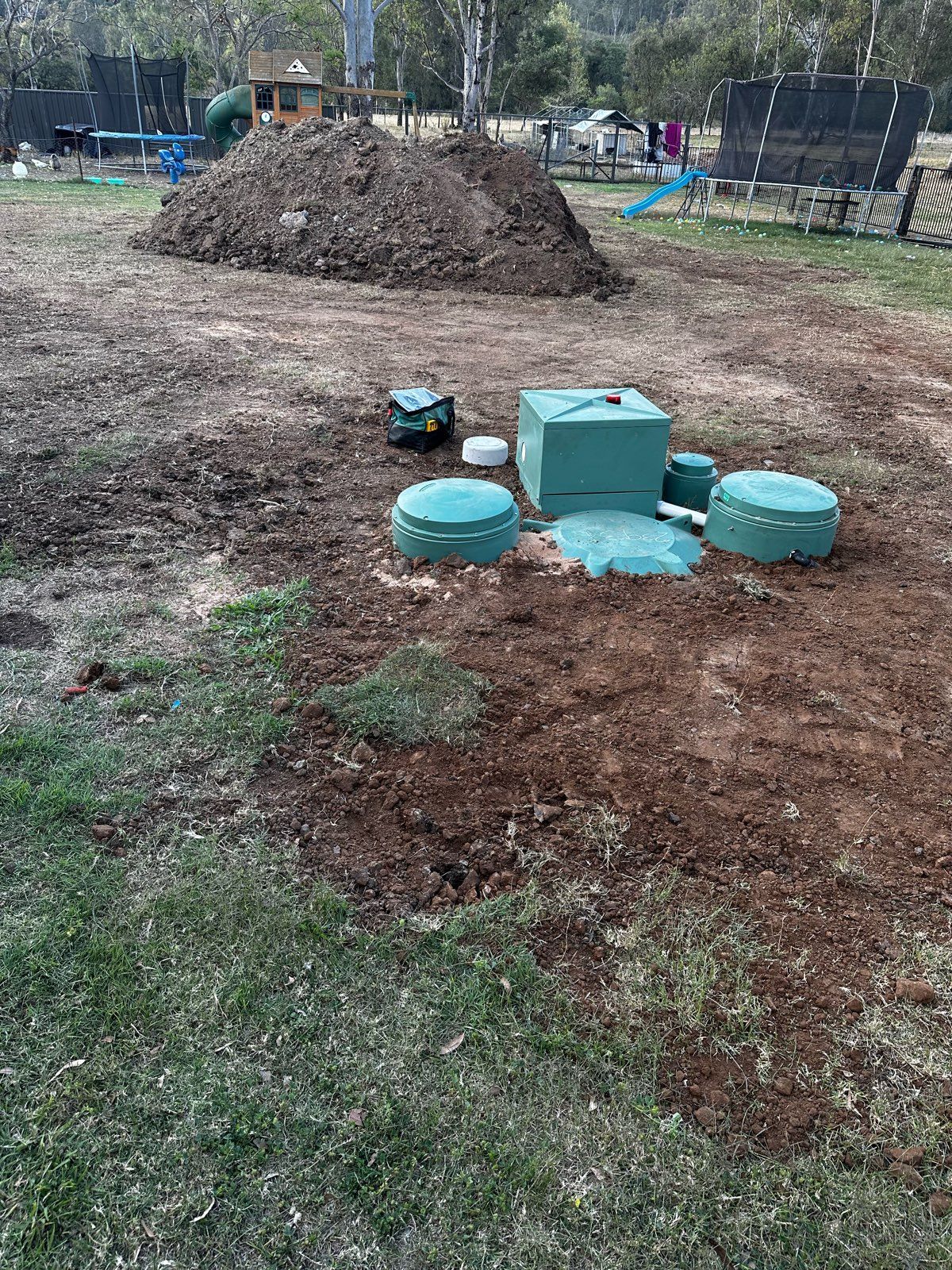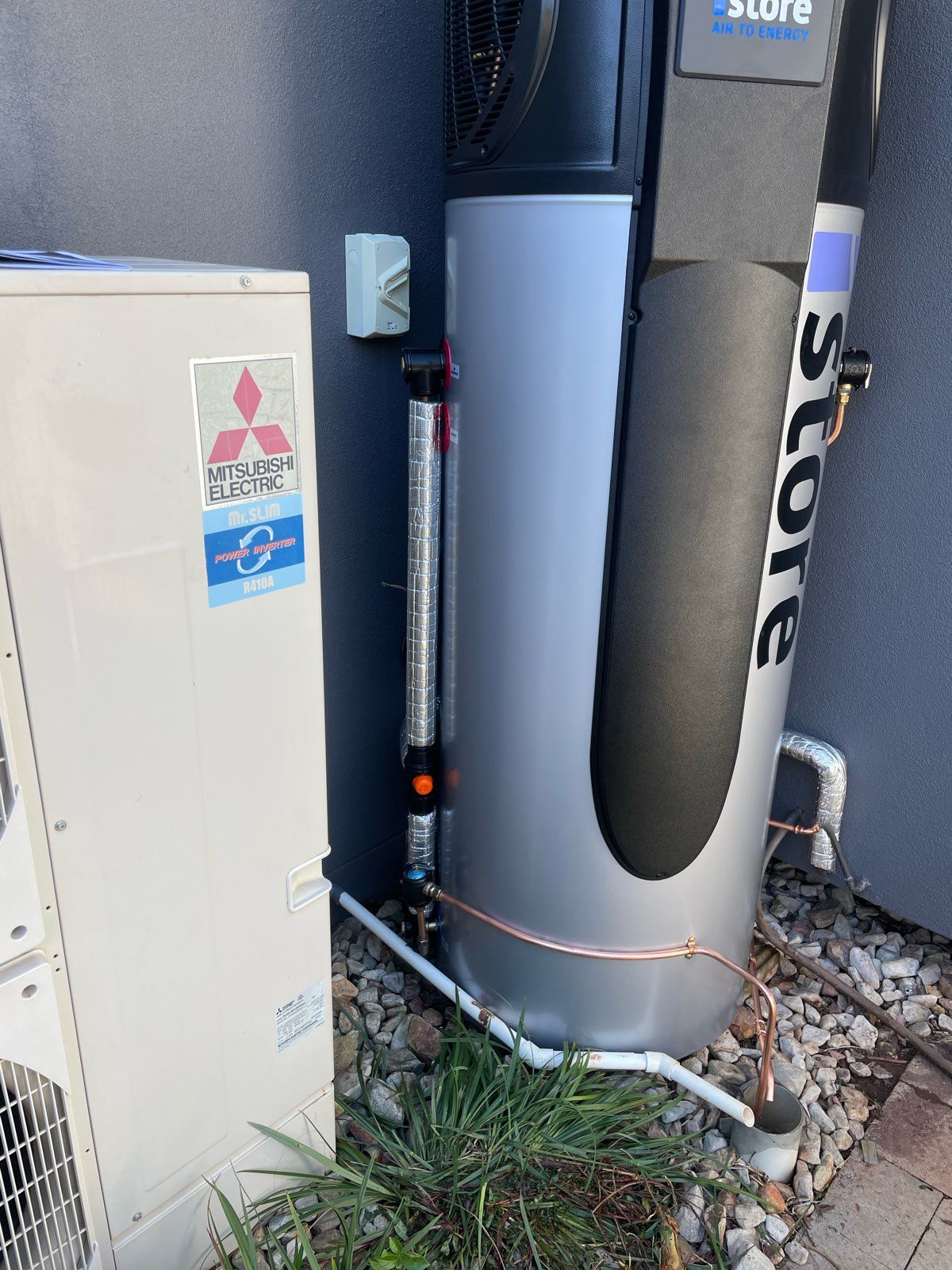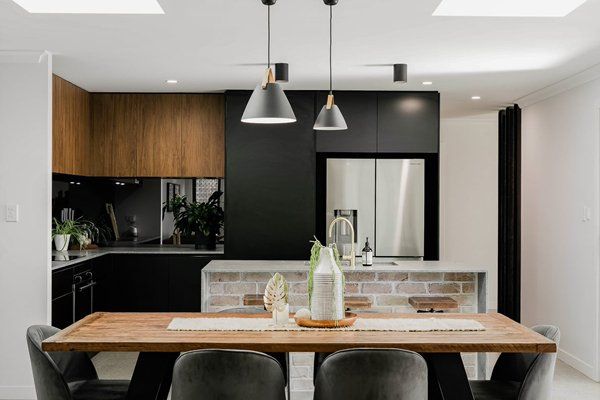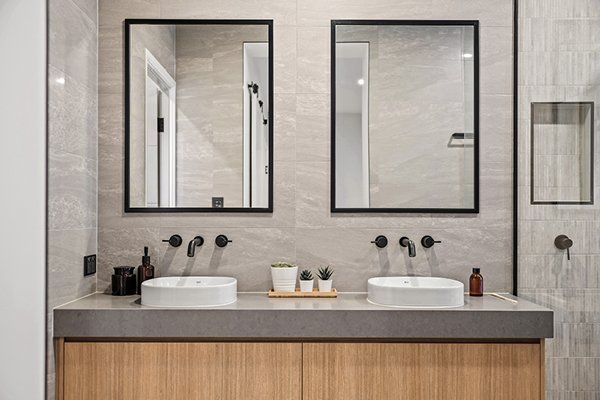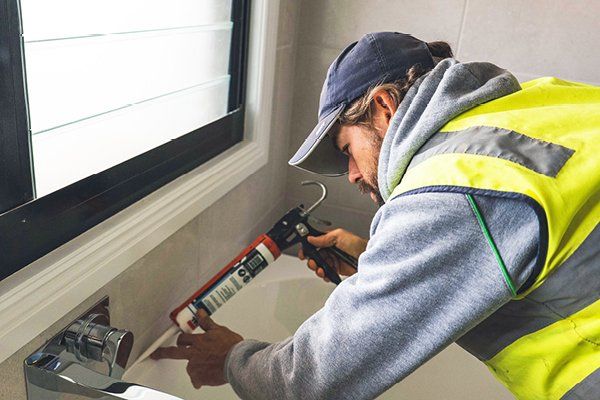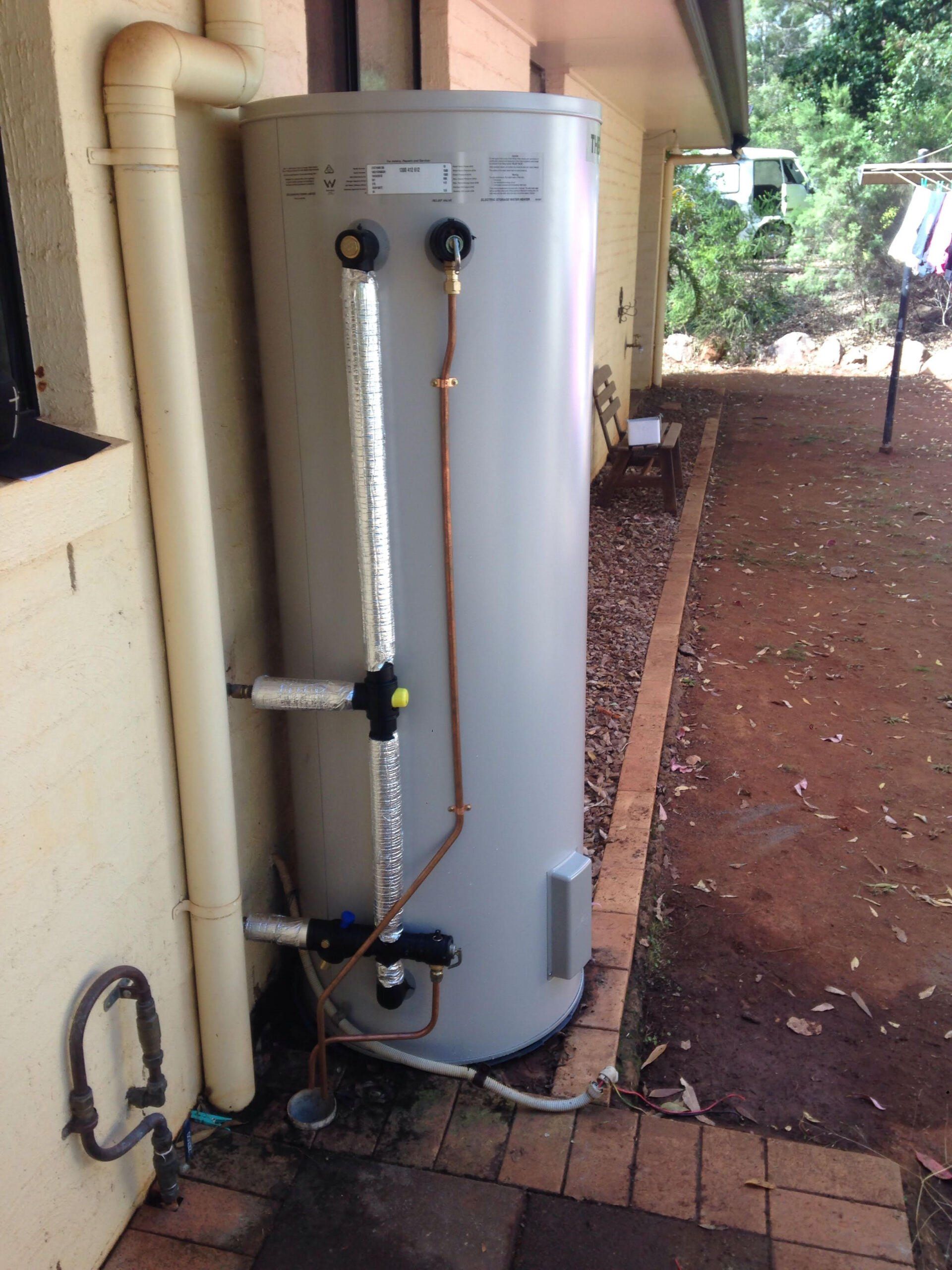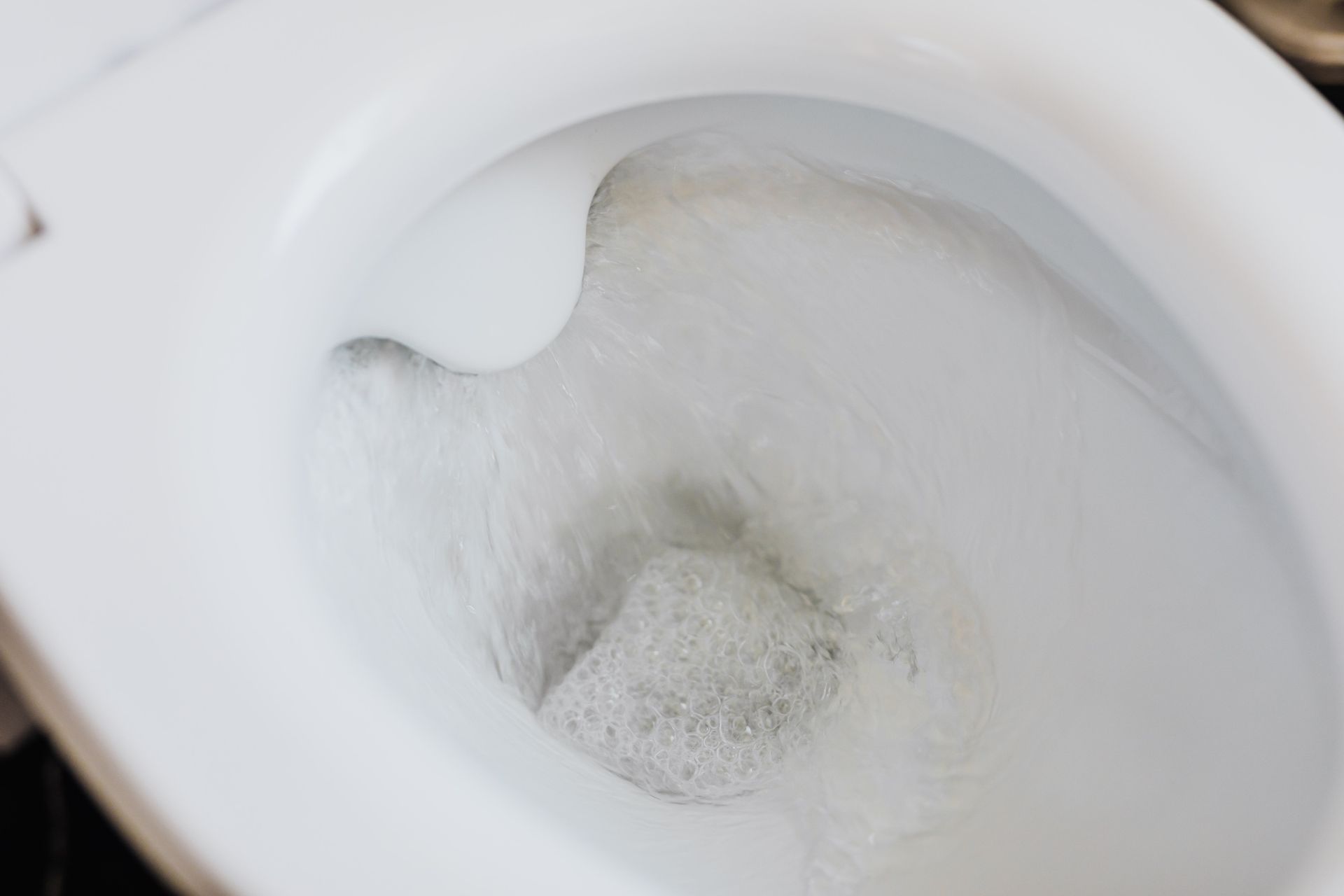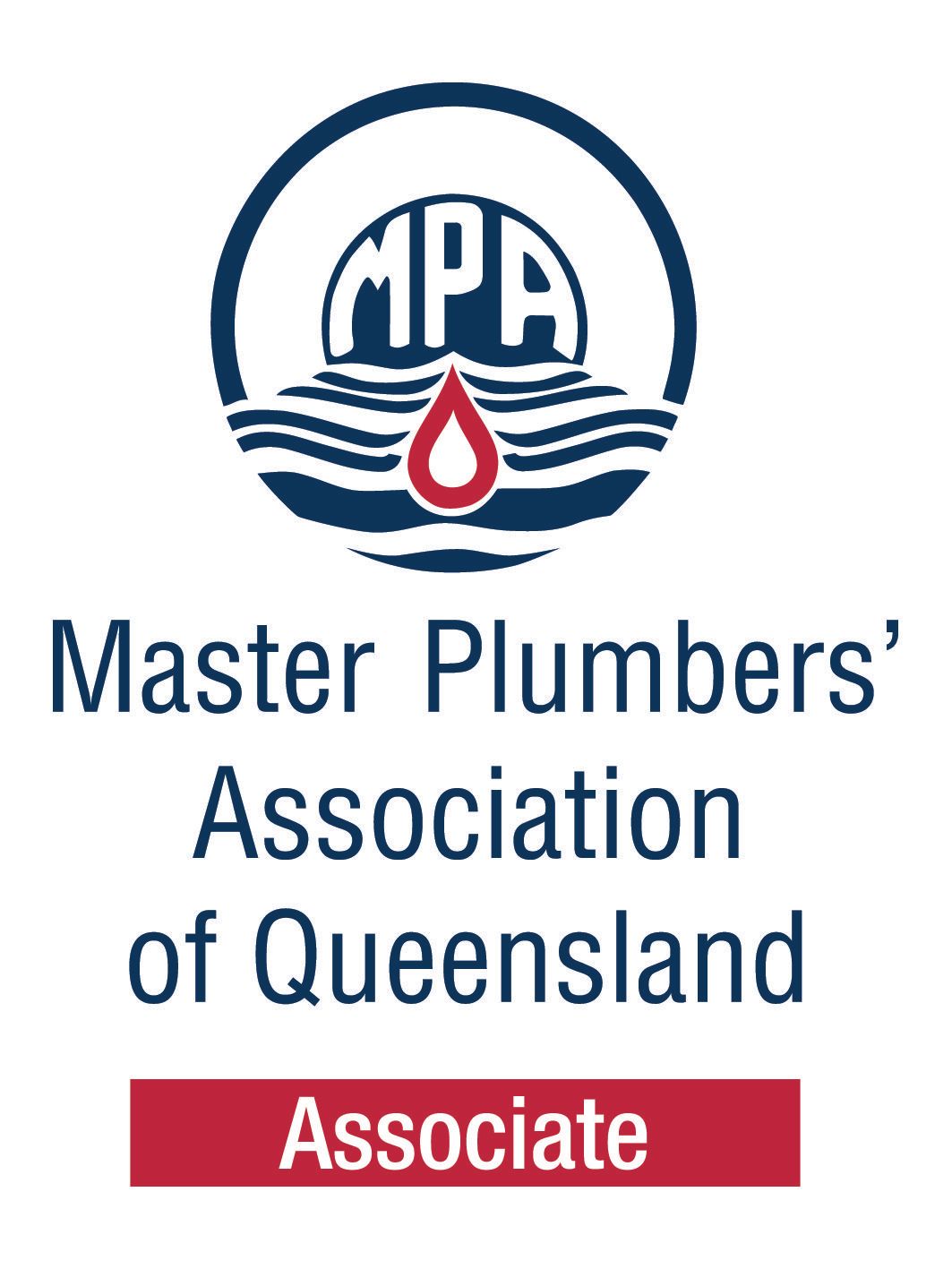What are the most common plumbing emergencies? And how do you avoid them?
When it comes to your plumbing there are several different types of plumbing emergencies you may face, from burst to blocked pipes, what do you need to be aware of, and how can you avoid them.
1) Burst Pipes
Burst pipes are a common plumbing emergency, and there are many different scales of emergency, however, one of the highest would be a burst pipe, with large amounts of water escaping over a short period of time.
One of the worst, and most common bursts that you might face is a burst flexi hose. Flexi Hoses are used under most kitchen, basin and laundry sinks and behind your toilets, and in Australia, most homes do not have an isolation tap to flexi hoses, which means that once you notice the leak, you have to run out and turn off your water supply to your whole home at the main.
Flexi Hoses often burst due to insufficient maintenance and observation, they need to be regularly checked to ensure they are not rusty or damaged, and replaced as soon as any imperfections are noticed. As they are often located in rooms with large amounts of joinery, if the water is left to leak for any period of time, you will often face extensive damage to walls, cabinetry, and floor coverings that require a lot of time and money to repair/replace.
2) Leaking Pipes (showers, fixtures or fittings)
Leaks occur at a slower rate than a burst pipe, which means in the short term they do less damage, however, it also means they are generally more difficult to notice (as they are often underground, or in walls and ceilings) until the damage is widespread or serious, or until you receive a significantly larger water bill than you were expecting.
Leaking pipes, if left un-repaired can cause extensive rot and water damage, can encourage pests like termites to enter your home and can result in excessive water usage and enormous water bills. Keeping an eye on any unusually green patches in your garden that you can’t find a reason for, and watching for signs of damp throughout your home are good ways to try and catch water leaks before they cause serious damage.
3) Blockages
The first two emergencies related to water coming out where it shouldn’t, but what happens when water and waste can’t travel through pipes as it should?
Blockages can range in severity, from showers, sinks and baths that empty slower than they should, to toilets that back up and overflow. While most homes have safety measures in place like an overflow relief gully which means that blockages overflow into your yard and not your bathrooms and toilets, there are occasions where failing to address a blockage can result in raw sewage flooding your home.
4) Failed Hot Water Systems
There are a number of reasons that your hot water system might fail; it could be electrical; it could be related to a failed valve; it could be due to a pilot light issue or insufficient gas; it could be due to a failed tank. Whatever the reason that your hot water system isn’t working, particularly in the Toowoomba region throughout the colder months, it equates to a plumbing emergency.
So above we have outlined some of the common plumbing emergencies that you may face, now we detail exactly how you avoid them…
The key is to be observant, and proactive. Make sure you are checking your taps, toilets, drains, hot water systems and pipes that you can see (like flexi hoses) regularly. If you notice anything that doesn’t look right, like wear, rust, moisture, slow leaks or slow draining make sure you give us a call on
0439 648 390 to get your concerns checked ASAP. Many people leave the call too late as they are worried about the expense of a plumber, the sad truth is that this often results in a $200 job turning into a $2000 or $20,000 job.
EXPLORE MORE
